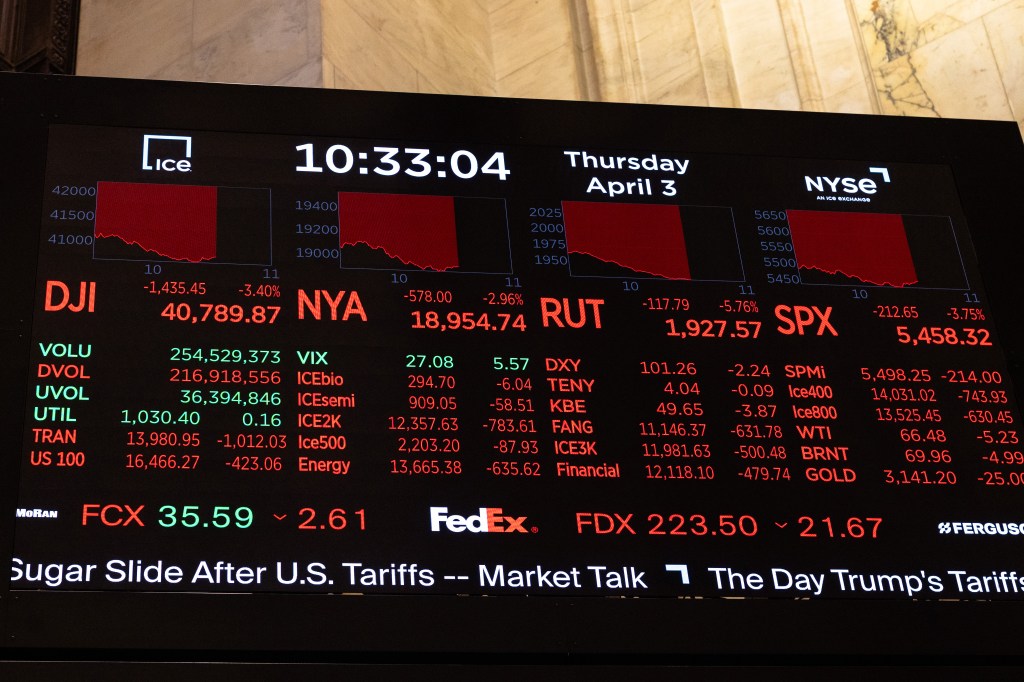On Tuesday, the US Department of State, Department of the Treasury, Department of Commerce, Department of Homeland Security, Office of the US Trade Representative, and Department of Labor, issued an addendum to the 2021 Updated Xinjiang Supply Chain Business Advisory to call attention to the People’s Republic of China’s (PRC) ongoing genocide and crimes against humanity in Xinjiang and evidence of widespread use of forced labor there.
Since the issuance of the of the 2021 supply chain advisory, the Department of Commerce’s Bureau of Industry and Security has added government and commercial entities to the Entity List for their involvement in human rights violations and abuses in the Xinjiang Uighur Autonomous Region.
Added violations – biometric data collection
Several of these entities were engaged in the collection and analysis of biometric data such as DNA samples, fingerprints, iris scans, and blood types, which pose a significant risk of contributing to monitoring and surveillance. It notes that there are allegations that US products were used in these surveillance activities and such biometric testing might be happening in other regions of China, such as Tibet.
The revised advisory also noted that a PRC firm called Shenzhen Sensetime Technology Co. Ltd. has developed facial recognition programs that can determine a target’s ethnicity, with a particular focus on identifying ethnic Uyghurs.
It continues to stress that the risk of wrongful detention of US nationals by the PRC government exists in China, particularly in connection with US businesspeople, former foreign-government personnel, academics, relatives of PRC citizens involved in legal disputes, as well as journalists.
As of December 2022, the US government identified over 2,300 entries valued at nearly $740m for further examination under the UFLPA.
And it notes an increase in scrutiny of US professional service and due diligence companies operating in the PRC, saying there have been raids on firms conducting standard due diligence, contradicting the PRC’s assertions that it is “open for business.”
The advisory also summarizes the reports published by government and nongovernment sources about continuing human rights abuses in Xinjiang ever since the Biden administration’s revised Xinjiang Business Advisory in July 2021 was issued.
The UFLPA and due diligence
One part of that summary mentions the Uyghur Forced Labor Prevention Act (UFLPA), which was signed into law in December 2021 with bipartisan support and designed to keep goods made with forced labor from the Xinjiang Uyghur Autonomous Region out of the US economy, without blunting legitimate US commerce with China.
As of December 2022, the US government identified over 2,300 entries valued at nearly $740m for further examination under the UFLPA and held hundreds of meetings with importers to clarify the adjudication process.
Each of the reports and laws referenced in the amended advisory underscores the prompt need for businesses to take human rights due diligence measures – with some of those measures described in a guidance document issued pursuant to the UFLPA – to ensure compliance with their legal obligations.
Similarly, procurement and supply chain departments should consider assessing the business’ risk levels of any nexus connected to the Xinjiang Uyghur Autonomous Region present in their activities, thoroughly vet new suppliers and monitor all existing suppliers. Businesses should also have contract stipulations in place that are in line with US law as well any legal obligations of other jurisdictions and update and enforce all relevant supplier codes of conduct.













